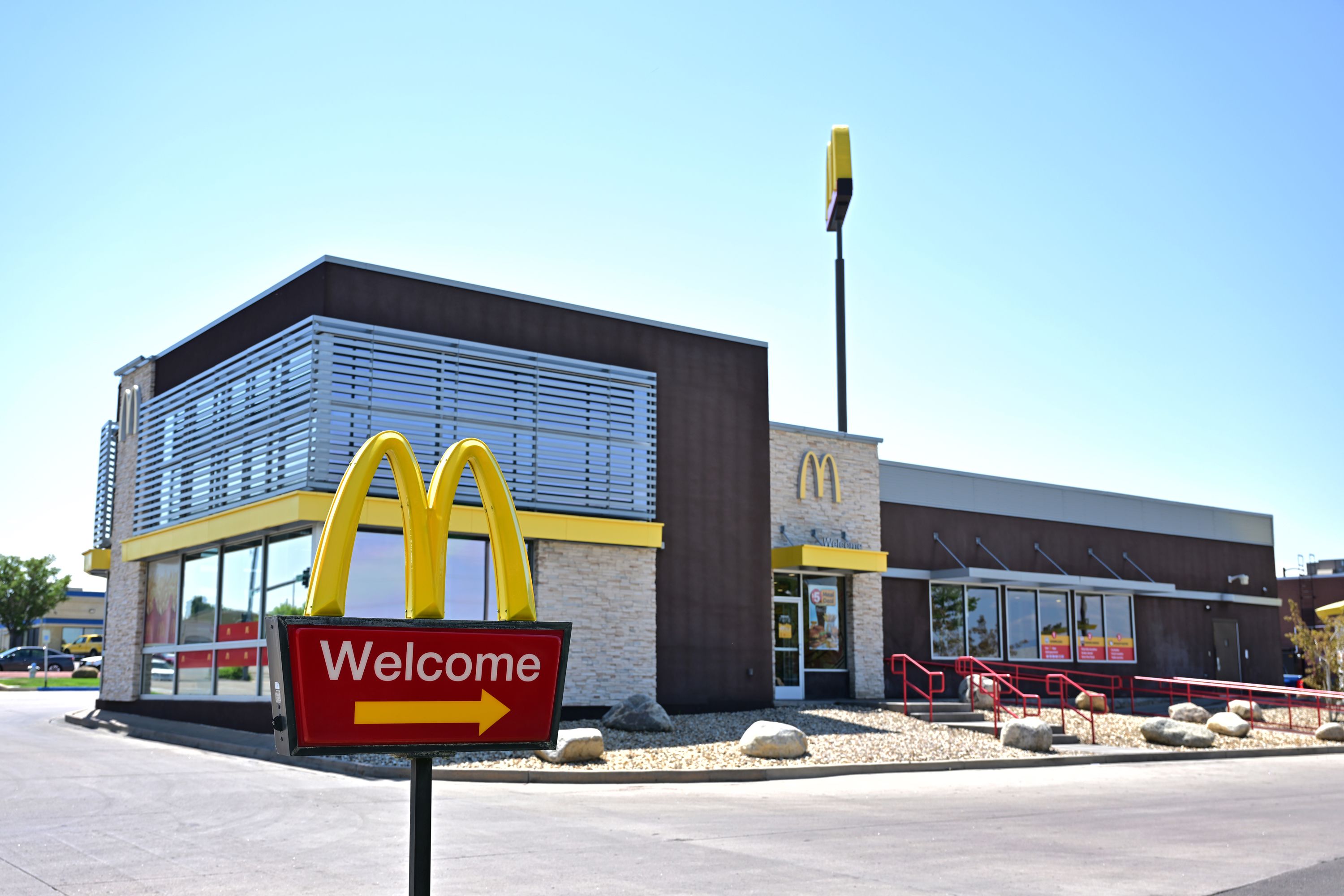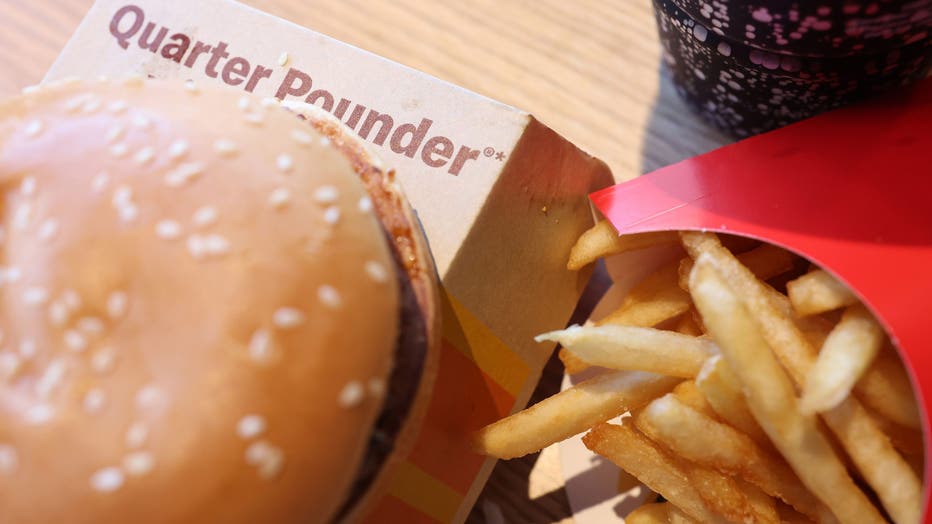A serious E. coli outbreak linked to McDonald’s Quarter Pounder has spread, with a total of 75 reported cases across 13 U.S. states, according to an announcement from the Centers for Disease Control and Prevention (CDC) on Friday. The CDC is actively investigating the source of the outbreak to contain this dangerous spread.
Here's ads banner inside a post
The outbreak has led to 22 hospitalizations and 1 previously reported death in Colorado, where an elderly person could not overcome the severe infection. Out of 61 patients for whom the CDC has information, 22 have been hospitalized, and two developed a dangerous condition called hemolytic uremic syndrome, which can lead to kidney failure. According to CDC interviews, all 42 individuals surveyed reported eating at McDonald’s, with 39 confirming they had eaten a beef hamburger, highlighting the likelihood of a connection to this iconic menu item.
Those infected range in age from 13 to 88 years old, indicating that the E. coli infection risk spans across all ages. The CDC noted that the actual number of infections could be significantly higher than reported, as many patients do not test for E. coli and recover without medical intervention. Typically, it takes 3 to 4 weeks to determine if an individual’s illness is part of an outbreak.
Since the CDC first announced the outbreak on Tuesday, McDonald’s stock price has fallen by 7%, with a 3% drop on Friday when the number of cases increased to 75 across 13 states. McDonald’s declined to comment on the current situation and has only reiterated its initial statement when the outbreak was first disclosed.
Here's ads banner inside a post
The Quarter Pounder, one of McDonald’s best-selling items, is facing a major recall. Each year, this item generates billions of dollars in revenue for the chain. Currently, health officials are investigating the sliced onions used in the Quarter Pounder, which are suspected of being a primary contaminant. McDonald’s has directed its restaurants in affected areas to remove sliced onions from their supplies and to suspend distribution of this ingredient in related regions.
According to the CDC, McDonald’s locations in Colorado, Kansas, Utah, Wyoming, and parts of Idaho, Iowa, Missouri, Montana, Nebraska, Nevada, New Mexico, and Oklahoma have temporarily stopped using sliced onions and beef patties for the Quarter Pounder.
McDonald’s identified Taylor Farms, a well-known California produce supplier, as the source of the onions for its chain. Taylor Farms has issued a recall for four raw onion products due to potential E. coli contamination. Other fast-food chains, including Burger King, Pizza Hut, KFC, and Taco Bell, have also removed onions from certain restaurant locations at high risk.
Here's ads banner inside a post
However, it’s not only onions; federal agencies are also investigating the beef patties used in the Quarter Pounder as a potential source of contamination. To contain the outbreak, McDonald’s has decided to temporarily stop selling Quarter Pounders at affected locations, which account for around 20% of its U.S. restaurants.
A McDonald’s representative noted that it’s still too early to gauge the impact of the outbreak on foot traffic at its restaurants. The company is expected to report its third-quarter earnings on Tuesday and may share more details about the outbreak in its investor call.
This E. coli outbreak comes after a few quarters of sluggish sales for McDonald’s in the U.S. Price-sensitive consumers have been reducing their visits, prompting McDonald’s and other fast-food chains to introduce various value meal deals to drive sales. According to StreetAccount estimates, McDonald’s U.S. same-store sales for the third quarter are expected to increase only 0.5%, highlighting the challenge of attracting customers.
For now, McDonald’s is trying to reassure customers that its food and beverages remain safe and that it is taking the outbreak seriously. Experts from CNBC stated that unless the situation worsens into a more severe crisis, the damage to McDonald’s brand could be minimal, similar to an E. coli outbreak connected to Wendy’s two years ago.

